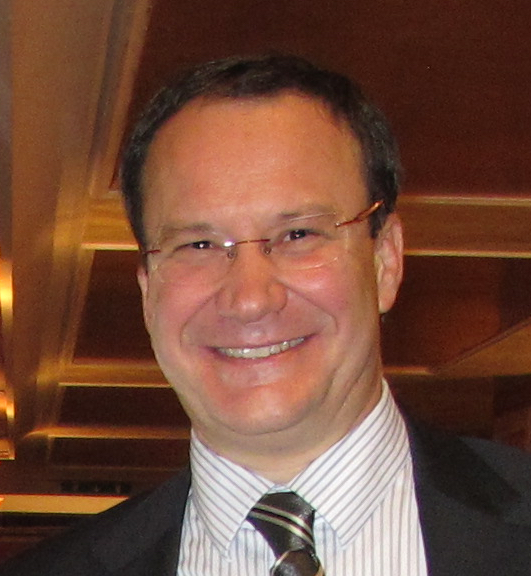Invited Speakers

Gaudenzio Meneghesso
Prof., Director
Department of Information Engineering, University of Padova - Italy
Abstract: GaN-based devices are creating a technological revolution and are expected to replace silicon transistors for the development of high-efficiency power converters. For this reason, a significant research effort is being spent towards the fabrication of high-performance and high-reliability GaN transistors. Despite this, the reliability of GaN HEMTs is still limited by a number of factors, that can significantly reduce device lifetime and lead to early failures.
This talk presents an overview of the physical processes responsible for the failure of GaN transistors for power electronics, with focus on:
- degradation under off-state conditions;
- degradation in semi-on conditions;
- degradation in the on-state (positive gate bias).
The results here presented will help the understanding of the most common degradation modes of GaN devices and can be used to improve manufacturing technology.
Biography: Gaudenzio Meneghesso (IEEE S'95-M'97-SM'07- F'13) He graduated in Electronics Engineering at the University of Padova in 1992 working on the failure mechanism induced by hot-electrons in MESFETs and HEMTs. In 1997 he received the Ph.D. degree in Electrical and Telecommunication Engineering from the University of Padova. Since 2011 is with University of Padova as Full Professor.
His research interests involve mainly the Electrical characterization, modeling and reliability of several semiconductors devices:
a) microwave and optoelectronics devices on III-V and III-N;
b) RF-MEMS switches for reconfigurable antenna arrays;
c) Electrostatic discharge (ESD) protection structures for CMOS and SMART POWER integrated circuits including ElectroMagnetic interference issues;
d) organic semiconductors devices;
e) photovoltaic solar cells based on various materials.
Within these activities he published more than 800 technical papers (of which more than 100 Invited Papers and 12 best paper awards). He has been nominated to IEEE Fellow class 2013, with the following citation: "for contributions to the reliability physics of compound semiconductors devices".